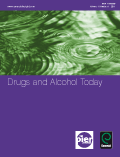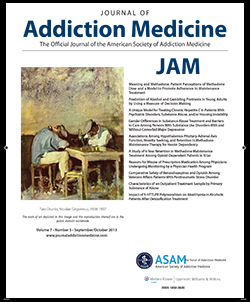Do people drink more when they switch to Methadose? It is 10 times more concentrated than methadone - proven treatment of opioid use disorder. We did
Annual review: Summaries, essays and productive conferences
The post on 27 deaths out of 100 people receiving methadone in primary care over 17 years was the most frequently visited piece of writing in the year
Alcohol holding up methadone treatment
This review asked whether excessive drinking can get in the way of treating heroin addiction. No current evidence supports the clinical
Primary care looks at drinking among persons on methadone treatment
How should primary care doctors ask their methadone patients about alcohol use? We worked with 13 primary care doctors and divided them into two
What do persons on methadone in primary care think about alcohol screening?
Enhancing alcohol screening and brief intervention among people receiving opioid agonist treatment: Qualitative study in primary care New Paper Out
Hepatitis C unchanged, but drinking soared
NEW PAPER OUT NOW What is the study about? - We wanted to find out how many people receiving treatment for opioid addiction
Alcohol Use among Persons on Methadone Treatment
NEW PAPER OUT NOW Limited evidence that alcohol causes mortality among persons on methadone treatment What is the study about? · We
Changing the ways of CPDD – College on Problems of Drug Dependence – June 12-16, #CPDD2016
Change is the ultimate law of life. Those that do not change and adapt, do not survive. In the life of scientific meetings, this means constantly
Need more skilled addiction specialists? New paper out now
photocredit: Wolters Kluwer Training in addiction medicine gives clinicians early intervention tools, prevents the






